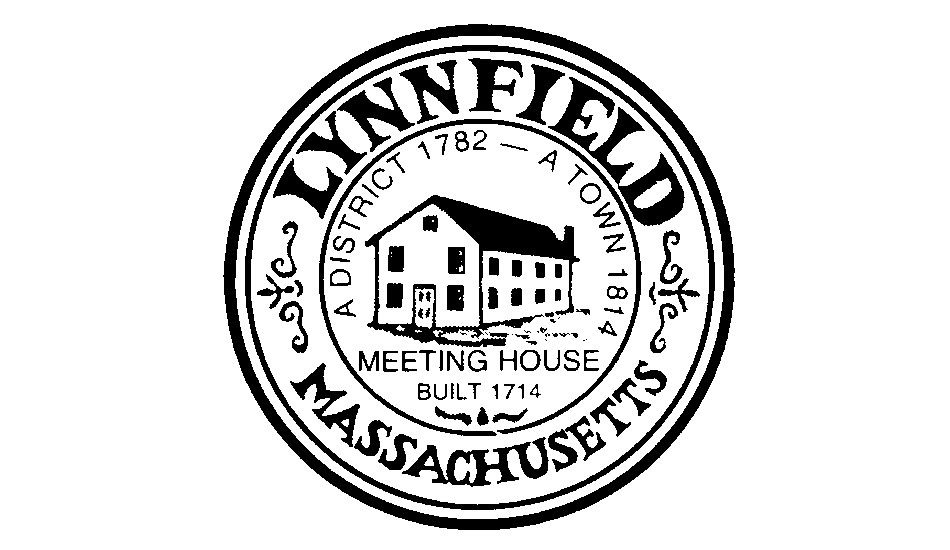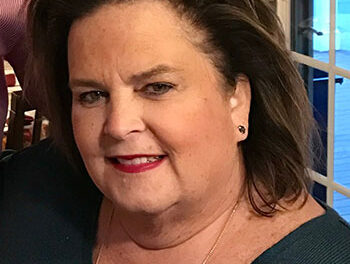By DAN TOMASELLO
LYNNFIELD — The School Committee did not violate the Open Meeting Law last month, Chairman Rich Sjoberg said at a Sept. 14 meeting.
Howard Avenue resident Cecil Ogren, a member of the advocacy group Lynnfield United, accused the School Committee of violating the Open Meeting Law during its Aug. 31 meeting. Ogren filed the complaint on Friday, Sept. 3.
Ogren’s complaint outlined six different areas he alleged the School Committee violated the Open Meeting Law. Under the first component of the first allegation, Orgen alleged that the School Committee violated the Open Meeting Law after Sjoberg requested that the minutes from the Aug. 18 joint meeting with the Board of Health and Select Board be approved even though approving the minutes was not listed on the Aug. 31 agenda.
“In spite of this omission, the board chose intentionally to vote to approve the Aug. 18, 2021 minutes,” stated Ogren.
Sjoberg said approving the Aug. 18 minutes was “not done intentionally.”
“The posted agenda was originally intended to be updated to include a line item for the meeting minute approval,” said Sjoberg.
Additionally, Ogren alleged under the second component of the first allegation that the School Committee violated the Open Meeting Law after the board approved the committee’s and superintendent’s operating protocols as well as three policies. He claimed that both agenda items were “broad and undefined” as well as “insufficiently specific.”
“A member of the public would have had no reasonable way to determine which and how many protocols or policies were scheduled to be voted,” Ogren stated.
The policies that were approved during the Aug. 31 meeting, which were read into the public record by School Committee Vice Chairwoman Stacy Dahlstedt before they were approved, pertained to the school system’s revised dress code policy as well as updated COVID-19 regulations.
“There were a number of policies being worked on for the opening of the 2021-2022 school year,” said Sjoberg. “Between this being the first meeting and the many moving parts around incoming information from the Massachusetts Department of Elementary and Secondary Education (DESE) regarding the opening of school this year, this specificity slipped through the cracks. It was an honest mistake.”
Sjoberg proposed that the committee reapprove the Aug. 18 meeting minutes at the Sept. 28 meeting as a remedy. He also rejected Ogren’s accusation that the agenda’s references to the protocols and policies did not comply with the Opening Meeting Law.
“While I do believe the posted agenda did meet the requirements of the Open Meeting Law, we typically do provide more information, which I also believe to be a best practice,” said Sjoberg. “I would also like to point out that the agenda for (the Sept. 14) meeting included the usual detail, in-line with our past practice. Again, it was not intentional. Our remedy is to continue to comply with the Opening Meeting Law going forward with our usual best practice of more specific agenda notices.”
Ogren’s second allegation claimed that the School Committee discussed the operating protocols before they were approved at the Aug. 31 meeting. He also accused Sjoberg and School Committee member Kate DePrizio of violating the Open Meeting Law by discussing the operating protocols before the meeting.
“The protocols were admittedly preprocessed, pre-developed and pre-viewed by all members of the School Committee by all members of the School Committee outside of public view or knowledge,” Ogren alleged. “There was no public deliberation on the protocols. Only the signing of the protocols took place in public.”
Sjoberg, who read the protocols into the public record at the Aug. 31 meeting, said the board did not violate the Open Meeting Law by approving them last month.
“As the Open Meeting Law and Educational Materials Guide states on page 6, distribution of a meeting agenda, scheduling or procedural information, or reports or documents that may be discussed at a meeting is often helpful to public body members when preparing for upcoming meetings,” said Sjoberg. “These types of communications generally will not constitute deliberation, provided that, when these materials are distributed, no member of the public body expresses an opinion on matters within the body’s jurisdiction.”
Sjoberg also noted that the operating protocols “have been around for many years.”
“The signing of them is a matter of course annually,” said Sjoberg. “My comment that Mrs. DePrizio ‘read them’ was based on the fact that they have been used by this School Committee for years, are included in our meeting preparation documents and are not statements from Mrs. DePrizio to me that she had read them. Also, as we had no discussion regarding the protocols, Mrs. DePrizio certainly did not provide opinions on them. There was no deliberation.”
Sjoberg said he spoke with DePrizio twice on Aug. 31, but said those conversations had nothing to do with the operating protocols.
Ogren’s third allegation took issue with the operating protocols’ statement that, “The School Committee is a business meeting held in public, not a public meeting.”
“By definition and by law, the School Committee meeting is a public meeting,” Ogren argued. “By intentionally mischaracterizing the purpose of the board’s meetings and codifying this mischaracterization in the annual operating protocols…the board confirms the deliberate and malicious intent to frustrate the public purpose protected by Open Meeting Law.”
Sjoberg said, “There is no evidence I actually did frustrate the Open Meeting Law.” He explained that the operating protocols outline how the committee and Superintendent Kristen Vogel “will professionally interact with each other” and is “not an attempt” to modify the committee’s “obligations under the Open Meeting Law.”
“This language is to make the point that School Committee meetings are designated public forums for First Amendment purposes rather than open forums,” said Sjoberg. “School Committee meetings are for discussion of topics properly before the School Committee on that date and not for just any topic.”
Ogren’s fourth allegation stated that the operating protocols’ statement that the committee and Vogel “accept the high honor and trust that has been placed in us” is “false.”
“The superintendent is neither elected nor a member of the Lynnfield School Committee,” stated Ogren. “In fact, the superintendent is an employee of the Lynnfield School Committee.”
Sjoberg said, “There is no dispute that the superintendent is not elected.”
“Nothing about the language changes our respect of Open Meeting Law obligations or constitutes a violation,” said Sjoberg.
Ogren’s fifth complaint alleged that the school board violated the Open Meeting Law by approving the protocols and three policies before the public participation portion of the meeting occurred.
“Not only did the public have no reasonable opportunity to know which protocols and policies were being voted on at the Aug. 31, 2021 meeting, the public was moreover denied of the opportunity to influence the outcome or to persuade or provide their perspective on the proposed policy changes,” stated Ogren.
Sjoberg noted that the Open Meeting Law does not require public participation to be listed as an agenda item and before a vote occurs.
“Members of the public may speak only at the School Committee chair’s discretion,” said Sjoberg. “And to date, I have included public participation at each and every School Committee meeting.”
Ogren also alleged that the School Committee violated the Open Meeting Law after approving a COVID-19 policy that allows Vogel to “suspend, revise or recommend policies, rules and protocols as needed.”
“The proposed and voted Updated General Interim Policy on COVID-Related Issues effectively relocated the board’s unique policy-making powers out of public view by conferring them onto an unelected, un-appointed employee of the schools,” claimed Ogren. “In doing so, the board subverts Open Meeting Law and provides the schools immunity from the law.”
Sjoberg noted that Vogel is “responsible for the day-to-day operations of school district” while the School Committee is not.
“This policy is to continue to empower Superintendent Vogel to do so, recognizing the real and ever-changing issues the COVID pandemic has presented within our school district,” said Sjoberg. “The Massachusetts Department of Elementary and Secondary Education requirements and policies are coming too fast for the School Committee to address them all through policy changes.”
Sjoberg commended Vogel for keeping parents, guardians and the community informed about what is happening in the school district. He also noted that the school board, just like fellow committees around the state, evaluates the superintendent’s job performance in public.
“This School Committee has the power to revoke the designation of authority to the superintendent,” said Sjoberg. “Therefore, this – the Lynnfield School Committee – will always have direct oversight of the superintendent in her responsibilities for the day-to-day operations of the school district. No remedial action is needed as there was no Open Meeting Law violation.”
After the discussion, the School Committee voted to authorize Sjoberg to respond to Ogren’s complaint in writing and forward a copy to the Attorney General’s Office.





